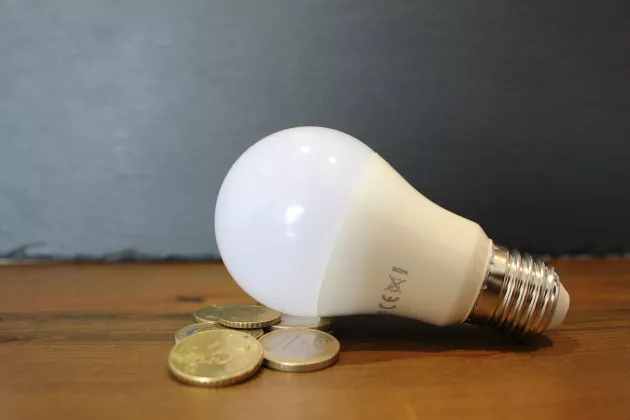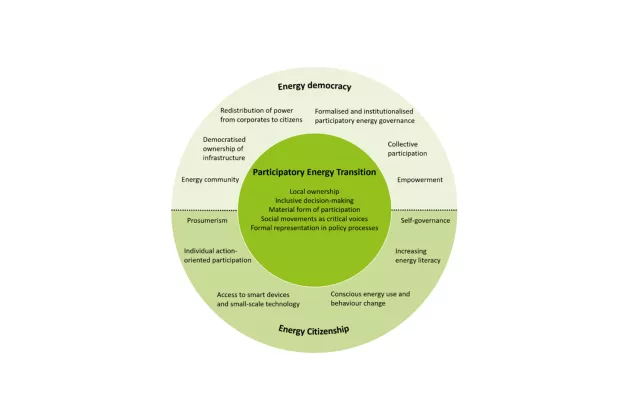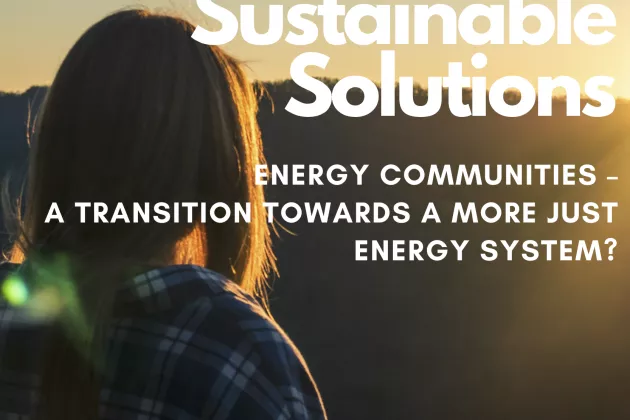There is a general understanding in research that the energy transition towards a low-carbon society should be fair and just. Old injustices must be reconciled, and both energy burdens and energy benefits must be distributed equally. Future energy systems are commonly portrayed as more flexible, where energy users contribute to the system balance by time-shifting their consumption and by reallocating energy consumption to times when the demand is low. However, previous research has highlighted that the ability to be flexible in the use of energy is a matter of socio-economic status and factors that are outside the control of the user. Thus, the way in which user flexibility is incorporated into future energy systems may or may not contribute to energy injustices.
In his publication, Frans Libertson investigates the awareness of potential energy justice implications of user flexibility among Swedish energy utilities. He finds that the answers by the energy experts can generally be clustered into four different narratives, each of which place a unique emphasis on the energy issues and the role of user flexibility in the energy transition. Although some awareness of the justice implications of the energy transition was found among the energy utilities, there was a general misalignment between the theory and the practice of energy justice. The study concludes by asking questions about the extent to which energy utilities may be held accountable for energy injustices.
The study was funded by the Kamprad Family Foundation and is part of the research project Resistance and effect – on smart grids for the many people.
The article is open to all and available here.





